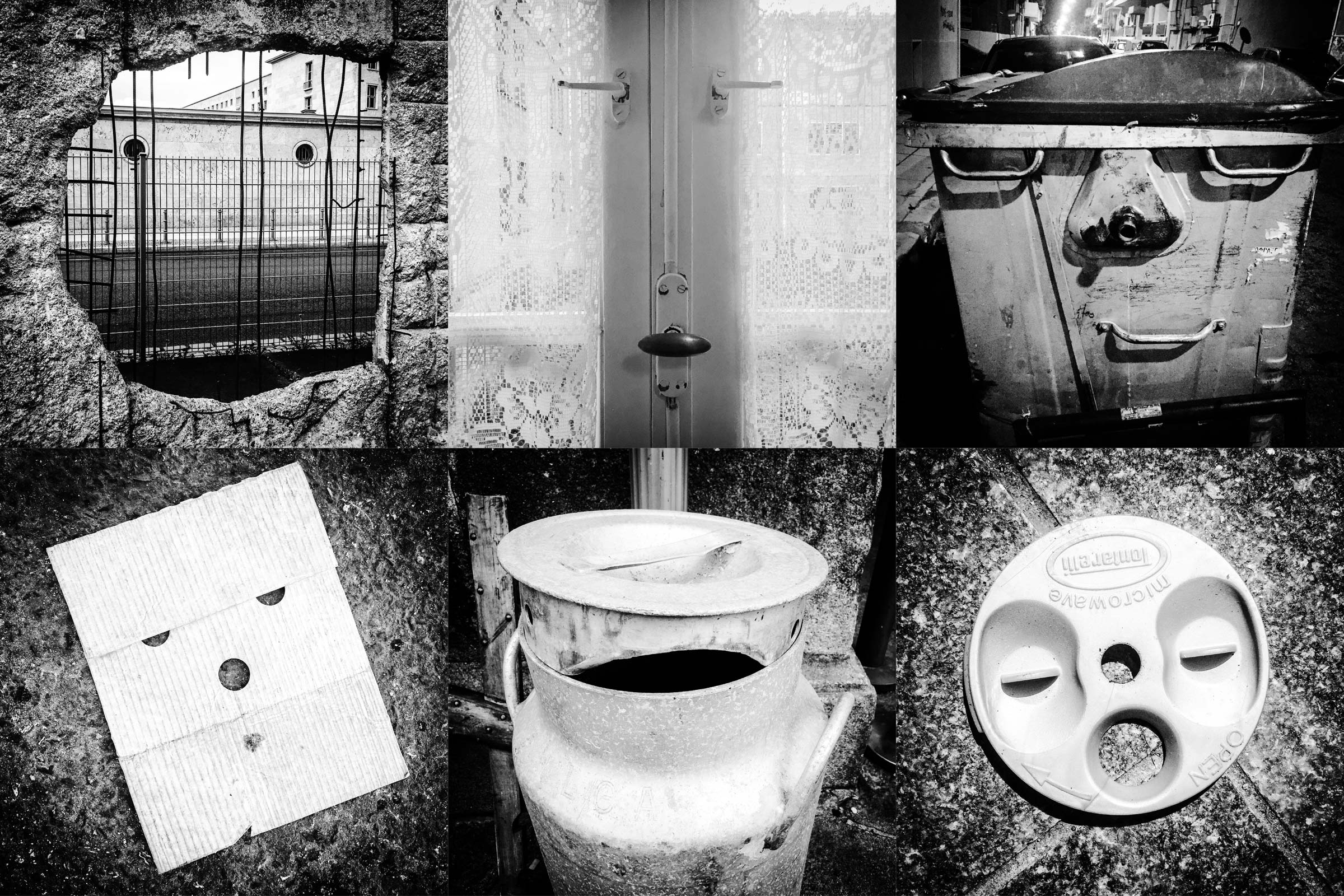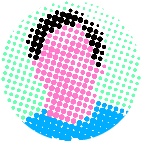Just a Game or Learning Visual Literacy
#2 / 1. 10. 2017
“Once you see them, you cannot not see them anymore”, is the effect that hits you soon after you adjust eyes to those “faces in places” (this is an early blog feed that had inspired me and many of my friends and colleagues in using our built-in face-recognition tool in our education and artistic practices).
Since this blog feed, numerous feeds, particularly on Instagram continued the creative and fun face-spotting in everything and everywhere. What does this say about our eyes and perception is a larger question, here I’m drawing only on how to exploit our abilities to sharpen visual literacy.
Can you learn visual literacy?
For years I have been working on reversing the degradation of artistic expression across the board. I have worked particularly on the basics—our visual literacy among the general public. Schools have steadily reduced the number of hours of artistic education in favour of the so-called “important” general subjects such as languages or sciences, as if the visual literacy (or for that matter musical, performing and other literacies involving artistic fields) is of lesser importance compared to the general literacies (reading, writing and numerical literacies).
Due to emphasis in education and advances in mobile technology and social media phenomenon, which feeds us with the culture of “instant-everything”—instant information, instant communication, instant relationships, and with it instant creative and emotional expression—there is no wonder why visual literacy had been flattening over the past several decades. Filters on Instagram and other mobile apps, text auto correction or suggested text online and in apps, music suggestion based on our listening history online and mobile apps all contribute to our depleting ability to seek new music, to spell or hand write, the ability to see when looking.
These advances have for sure made a positive impact in our everyday, but they have also made us numb, unable to interpret or understand what we are seeing or hearing around us. It is no tragedy, I agree, but all these consequences contribute to cultural changes we are faced with in the advent of a digital revolution while we are not entirely sure how these rapid changes will affect us mid-term, let alone long-term. The “progress” happens, whether it turns for the better or worse. Perhaps we shall not fight it, instead we can use these advances in our favour and make the best out of them.
Smiley Pursuit session
This year YouthZone at Mozilla Festival in London 27.–29. 10.2017 will host my session Smiley Pursuit where we’ll have a single instruction-scavenger hunt, that is, “to seek for as many faces in places we can find at the festival’s venue” (Ravensbourne College in Greenwich). The gamer who finds the most of them wins! Session is open to young and old(er), English proficient and those who are not as long as they have a digital camera or a mobile device. It will indiscriminately welcome all who are willing to test their eyes and improve their visual literacy.
For more information…
For more information on the project see where my session Smiley Pursuit is explained in full. For those who are not familiar with Mozilla Festival please visit their page for more information and join us at the end of October in London.
Read this article on Medium.

